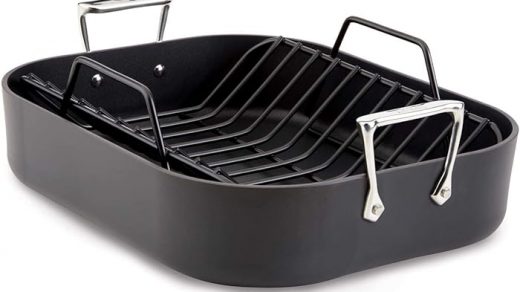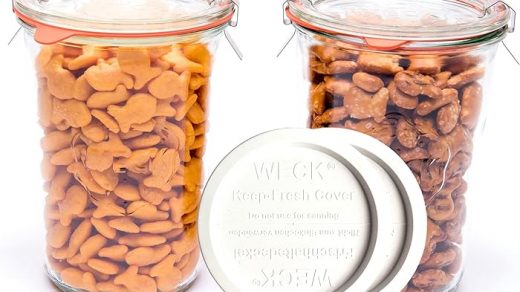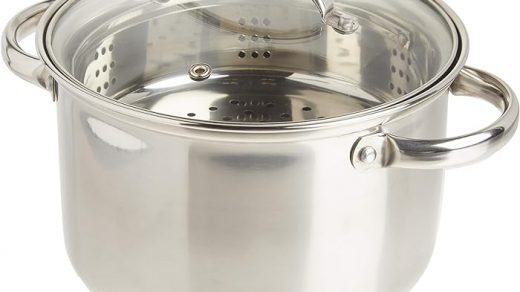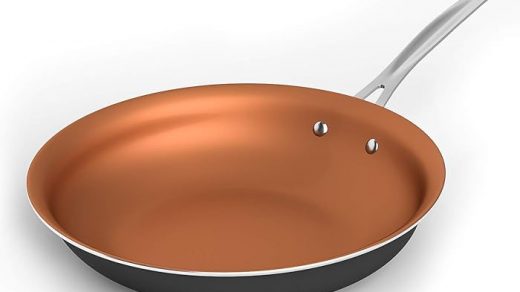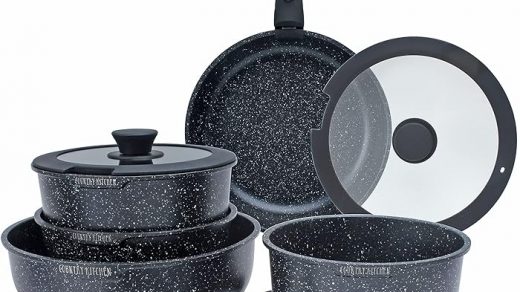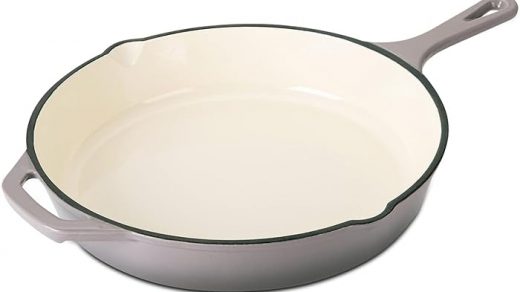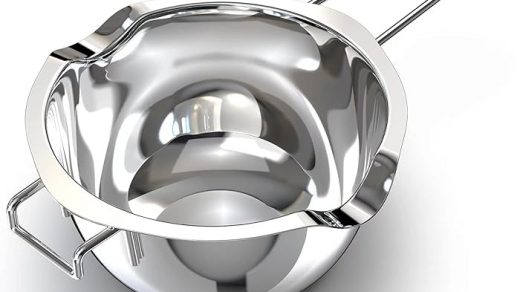Collagen, the most abundant protein in the human body, is vital for health, particularly in terms of skin and bone well-being. Bovine and marine collagen are two prominent types, each with unique characteristics and benefits. Sourced from cows, bovine collagen is widely used despite concerns like bovine spongiform encephalopathy (BSE). Its high homology with human collagen makes it beneficial for bone and tissue health. Industrial processing of bovine hides not only produces leather but also yields collagen-rich off-cuttings.
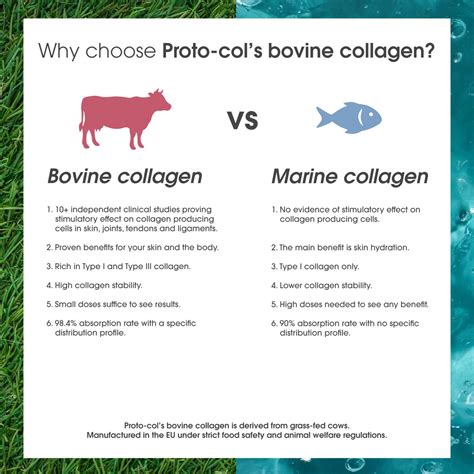
On the other hand, marine collagen, derived from marine life, stands out for its purity and bioavailability. It’s especially suited for use as a biomaterial in tissue engineering post-crosslinking treatment. Unlike the hydrolyzed form of bovine collagen, which is also beneficial for easy absorption, marine collagen offers a unique blend of health advantages. Supplementing with collagen peptides, whether from bovine or marine sources, has shown promise in improving joint function, muscle mass, and strength.
Collagen’s ubiquitous presence in tissues has led to its extensive use in medical devices for various applications. Health certificates, as detailed in Annex B of Retained EU Decision 2003/863, are essential for human consumption of collagen derived from bovine hides or pig skins. For a broader spectrum of benefits, CB Multi Collagen Protein combines peptides from bovine, fish, eggshell, and chicken sources, offering types I, II, III, V, and X of collagen.
Lastly, it’s important to note the distinctions in collagen supplements available on the market. Products like Wellgard collagen powder are free from hormones, gluten, wheat, yeast, milk, lactose, soy, artificial flavors, sweeteners, and preservatives, ensuring a pure and beneficial intake of collagen.
